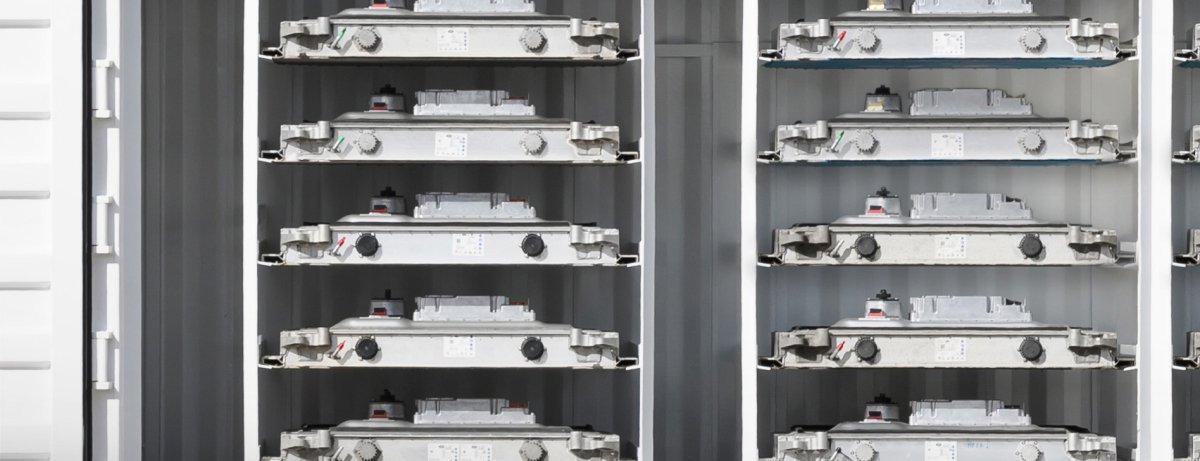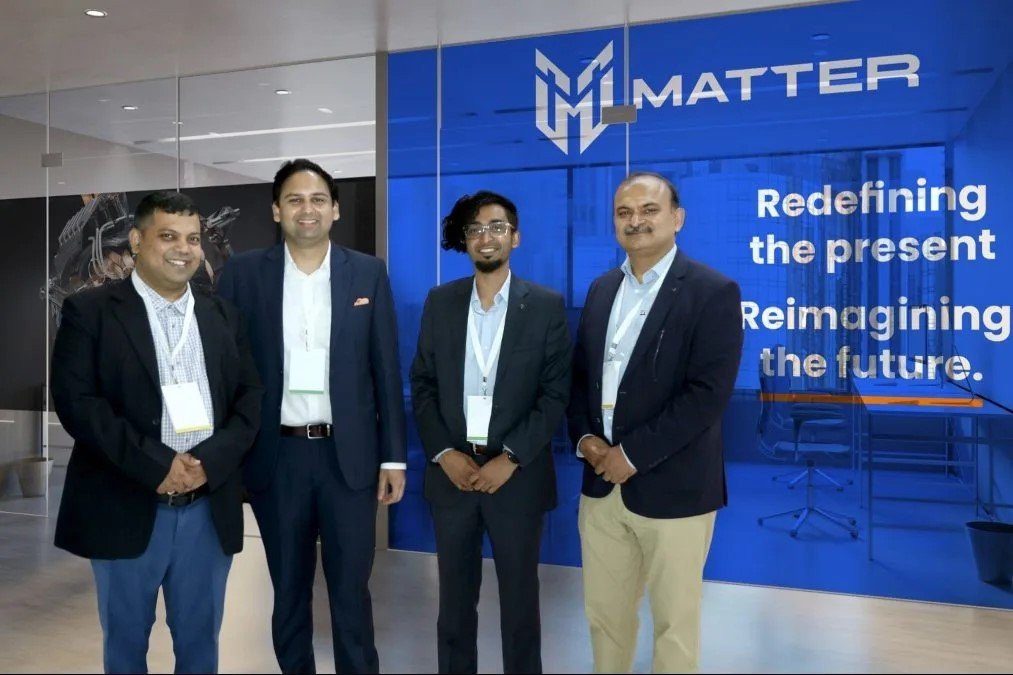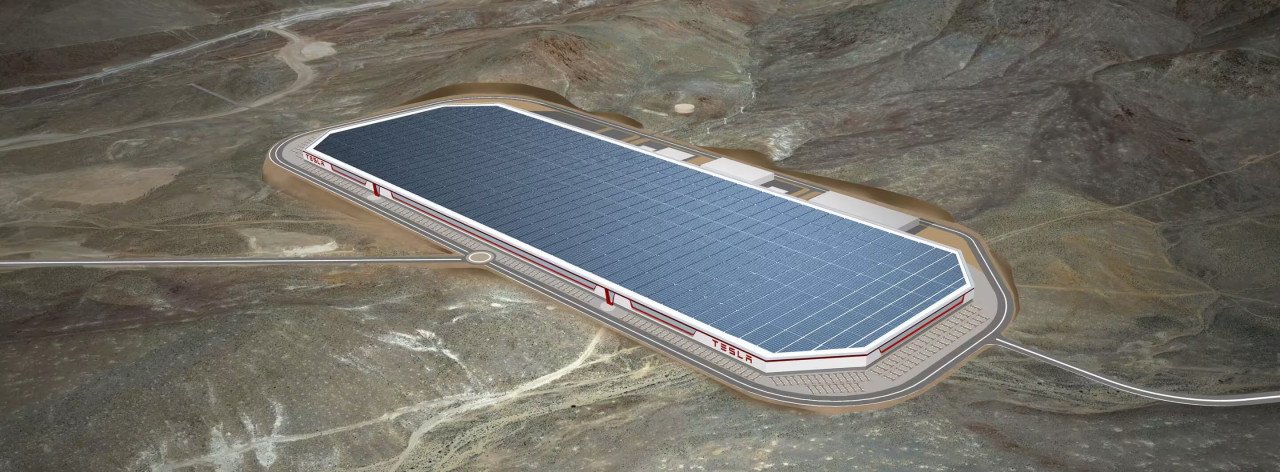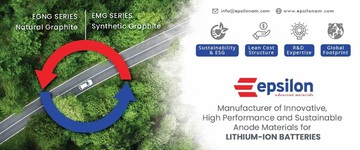JLR’s used EV batteries to power one of the largest energy storage systems in the UK
With its ambition to adopt circular economy principles, Jaguar Land Rover (JLR) has announced it will use second-life Jaguar I-PACE batteries to develop one of the largest energy storage systems in the UK.
As part of the technical collaboration with Wykes Engineering Ltd, JLR will develop one of the largest energy storage systems harnessing the power of renewable energy. According to JLR, a single Wykes Engineering Battery Energy Storage System (BESS) utilizes 30 second life I-PACE batteries and can store up to 2.5MWh of energy at full capacity -- capable of powering about 250 homes for a day.
"Our EV batteries are engineered to the highest standards and this innovative project, in collaboration with Wykes Engineering, proves they can be safely reused for energy sector application to increase renewable energy opportunities. Using the 70-80% residual capacity in EV batteries, before being recycled, demonstrates full adoption of circularity principles," said François Dossa, Executive Director, Strategy and Sustainability at JLR.
"Working together with industry-leading partners, we are developing a complete EV ecosystem, from batteries to charging, supporting our net-zero transformation."
The BESS aims to decarbonize the National Grid and maximize efficiency. Linked with an advanced inverter to maximize efficiency and supply of energy, each BESS can support the National Grid during peak demand hours as well as draw excess power out of the grid during off-peak hours to store for future use.
Currently, the batteries supplied by JLR have been taken from prototype and engineering test vehicles, however by the end of 2023, the automaker aims to supply enough batteries to store a total of 7.5MWh of energy which is enough to 750 homes for a day.
"One of the major benefits of the system we've developed is that the containers are connected to the grid in such a way that they can absorb solar energy that could otherwise be lost when the grid reaches capacity," said David Wykes, Managing Director of Wykes Engineering.
"This excess energy can now be stored in the second life I-PACE batteries and discharged later. This allows us to 'overplant' the solar park and maximize the amount of power we generate for the area of land we are using."
Further maximizing the sustainability of the project, the latest collaboration requires no additional manufacturing steps or steps for the removal of battery modules. The batteries from Jaguar I-PACE can be simply removed and slotted into racks in the containers on-site.


















